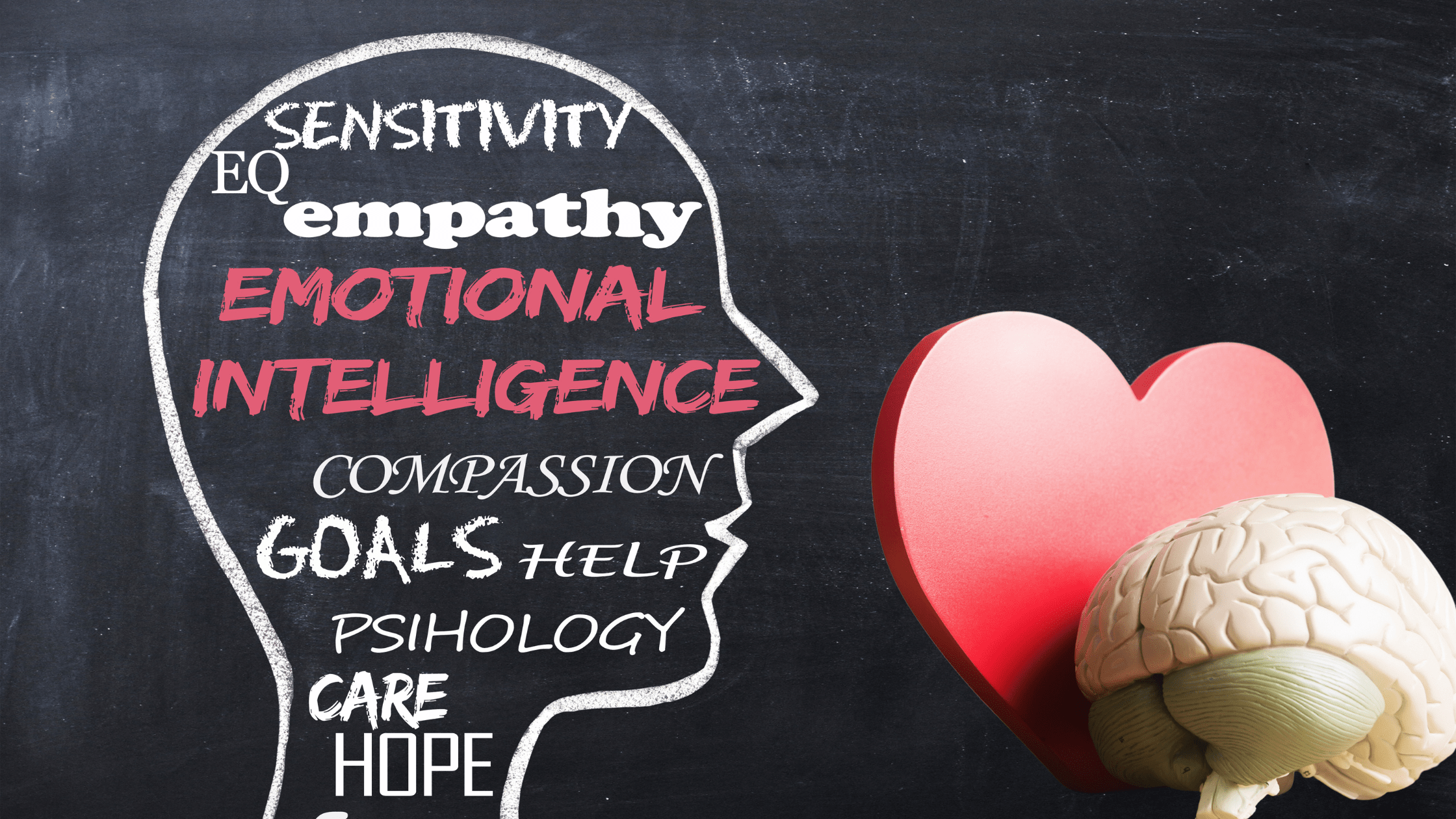Uncover The Benefits of EQ Training for Employees To Bring Your Company’s Success To Its Full Potential

“Emotional intelligence is your ability to recognize and understand emotions in yourself and others, and your ability to use this awareness to manage your behavior and relationships.“ – Travis Bradberry
Employee EQ (emotional intelligence) training is an invaluable tool for any organization. In today’s highly competitive business environment, the ability to understand and manage emotions is increasingly becoming a crucial factor in workplace success. Developing emotional intelligence can help employees become better communicators, build stronger relationships with colleagues, and ultimately lead to more productive work teams. This article will provide an overview of EQ training and its benefits, as well as outline how organizations can go about offering such training to their employees.
Benefits of EQ Training
EQ training can have a number of benefits for an individual or organization. At its core, EQ training helps individuals to become more self-aware and better recognize the emotions of others. This can lead to improved communication, collaboration and productivity within an organization.
With EQ training, employees learn how to effectively manage their emotions in order to reach their goals. They are taught how to identify their own feelings and understand the feelings of others in order to better connect with them. As they understand each other’s feelings more deeply, it creates a greater sense of trust between colleagues which leads to increased engagement and morale in the workplace.
EQ training also teaches problem solving techniques that help people navigate difficult conversations or situations more constructively rather than reacting with emotion.
How can EQ Training add value and boost productivity?
#1 – Empathy improves communication
Highly emotionally intelligent individuals are able to adapt their communication style to suit the person or group they are communicating with. As a result of their heightened self-awareness, they better listen to and understand a conversation, rather than just conversing through speaking.
#2 – Adaptability promotes problem solving and innovation
Highly perceptive employees are able to pick up on the emotions of the people and their surroundings and are able to modify accordingly, so they are adaptable and open to change, to new viewpoints, and to exploring new solutions. Highly adept in appropriately applying emotion to manage and solve problems, they accept constructive feedback and criticism well, using it to create something positive.

#3 – Their intrinsic motivation gets things done
Emotionally intelligent individuals have a tendency to be very driven and determined. They are often also referred to as natural leaders, as they’re great at uniting and inspiring their peers, motivating them to do better, and improve performance.
What are the challenges in EQ Training?
EQ training is a highly sought-after skill set in the modern workplace. It can help employees develop better interpersonal relationships and increase productivity by improving communication and collaboration. However, there are several challenges to implementing successful EQ training programs in organizations.
First, it can be difficult to accurately assess the emotional intelligence of an individual or group. EQ is usually measured through surveys, interviews or assessments which can provide insights into how the person behaves around other people but that does not necessarily reflect their true emotional state. Second, effective EQ training requires active participation from all parties involved – both trainers and trainees need to commit their time and energy to ensure that everyone takes part in the program fully. Finally, it is important for companies to create an environment where employees feel comfortable expressing themselves freely so they can benefit from the training more effectively.
How to implement EQ Training?
Here are a few pieces of advice on what EQ training for employees should involve:
#1 – Identify the specific EQ Skills that need improvement
Before starting the training program, it’s important to assess the current level of emotional intelligence among your employees and identify the specific skills that need improvement. This can be done through self-assessments or through feedback from managers, colleagues, and customers.
#2 – Customize the training to fit your organization’s needs
EQ training should be tailored to the specific needs of your organization and the roles of your employees. This will help ensure that the training is relevant and applicable to their work.
#3 – Incorporate a variety of training menthods
EQ training should be designed to be engaging and interactive. Incorporating a variety of training methods, such as role-playing, case studies, and group discussions, can help keep employees engaged and increase their understanding of emotional intelligence concepts.
#4 – Provide ongoing support and reinforcements
EQ training should not be a one-time event, but an ongoing process. Providing ongoing support and reinforcement, such as coaching and mentoring, can help employees continue to develop and apply their emotional intelligence skills.
#5 – Evaluate the effectiveness of the training
It’s important to evaluate the effectiveness of the EQ training program to determine whether it’s achieving the desired results. This can be done through surveys, feedback from employees and managers, and performance evaluations.
Overall, EQ training can be a valuable investment in the development of your employees and can lead to increased job satisfaction, better teamwork, and improved performance.
Key Takeaways
While adhering to these tips may be hard to do all the time, you will make progress if you adopt them some of the time. Just as with other coaching techniques, the goal is not to change your nature but to replace deleterious behaviors with more beneficial behaviors to form new routines that replace old tendencies and improve how the people see you.
Take your team to a whole new level of EQ training that can truly change their behavior and increase sales this 2023.
Next steps to consider
We help you learn all of this and more in our groundbreaking neuro-performance programs.
This 12-week transformation profoundly benefits every aspect of your life: career, daily performance, health, wellness, cognitive function, habits, relationships, energy, emotional growth, and beyond. That’s because unlike any other program, we focus on the brain - the root of all change.
Unlocking your full potential is about learning, knowing, and transforming into your highest self. Our trainings help you unleash yours. Explore our programs now.
Join our Alive Mindful Optimist Newsletter
Receive our Modern Day Stress Warrior Series & Mindfulness handouts as our gift to you.
